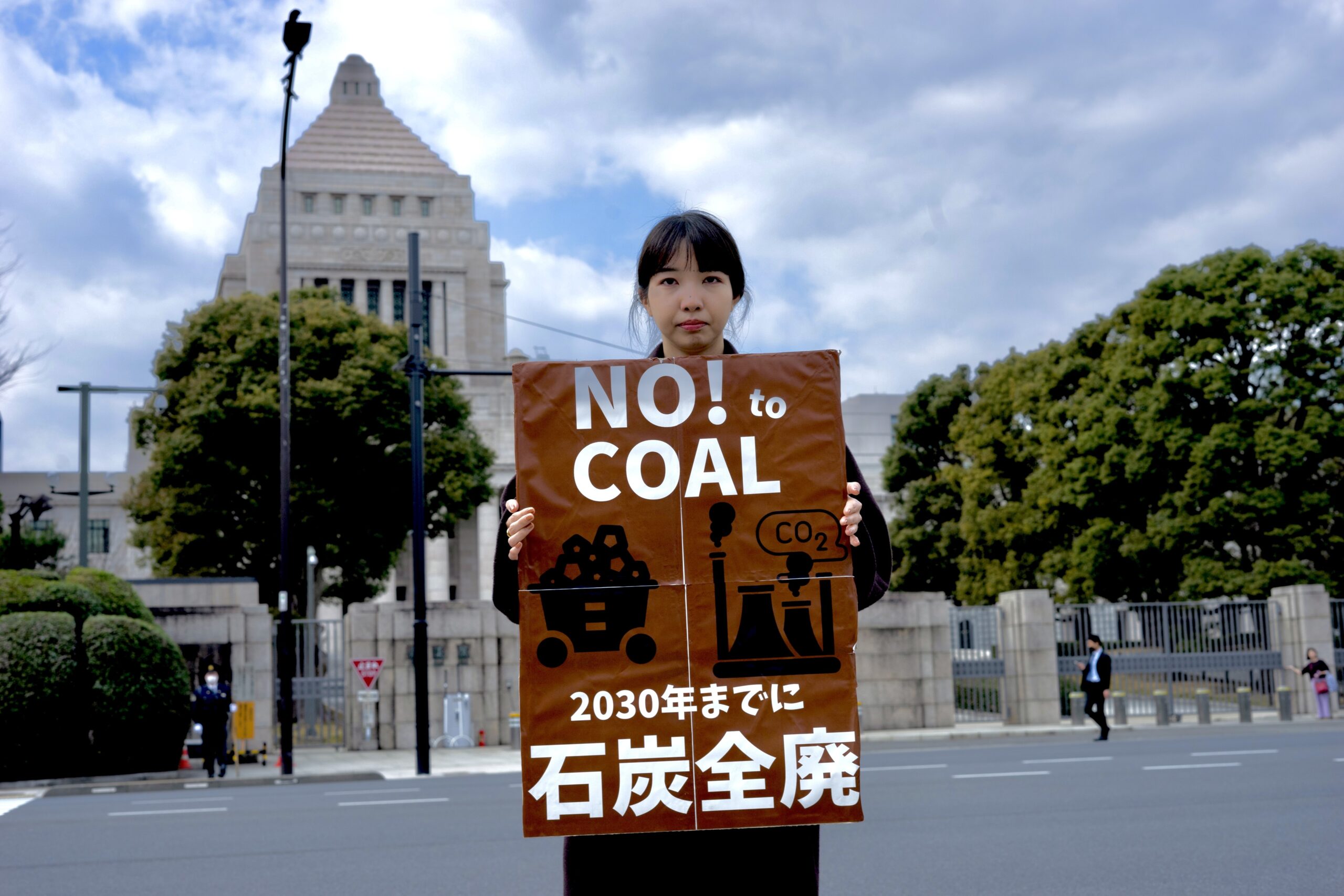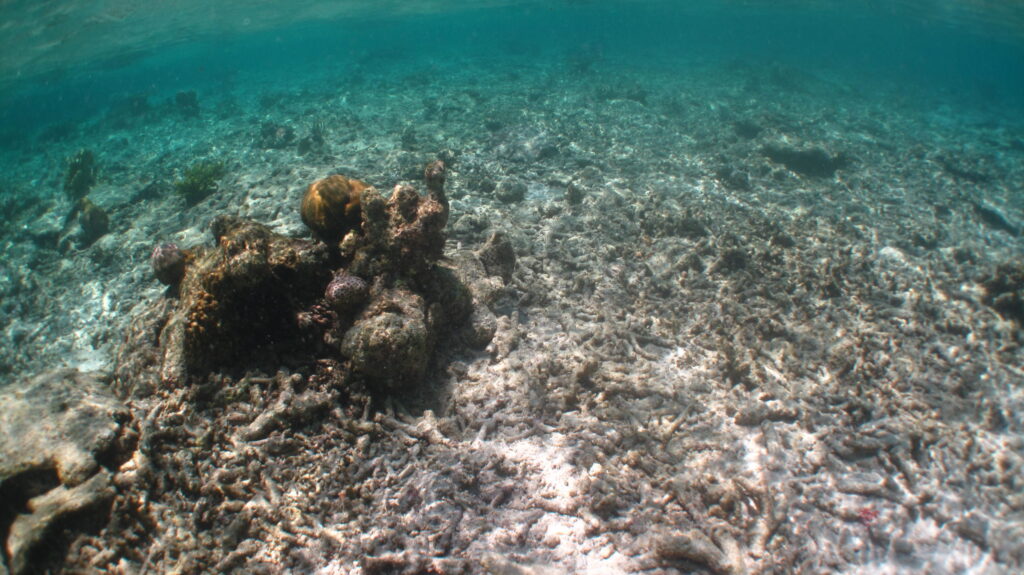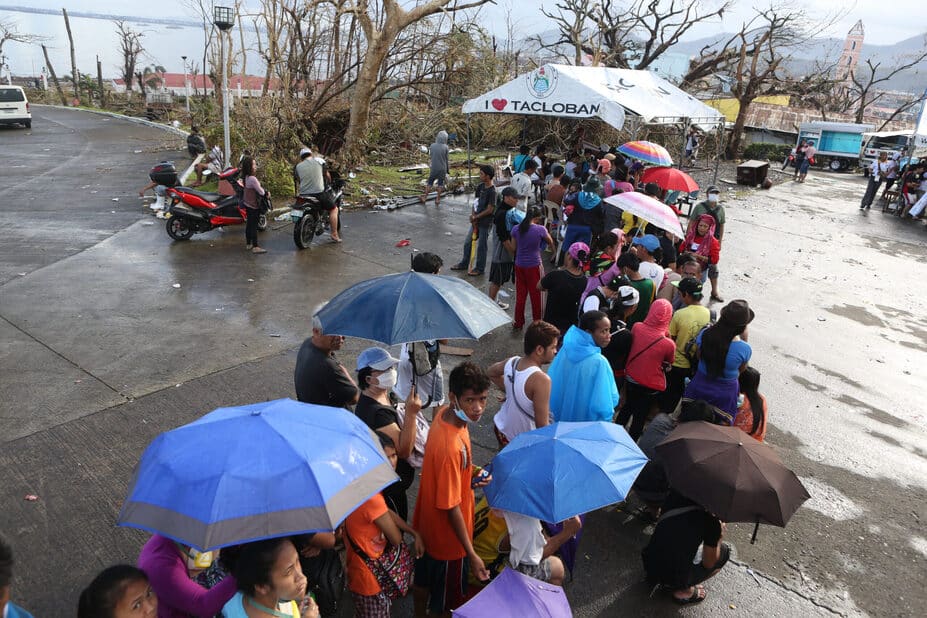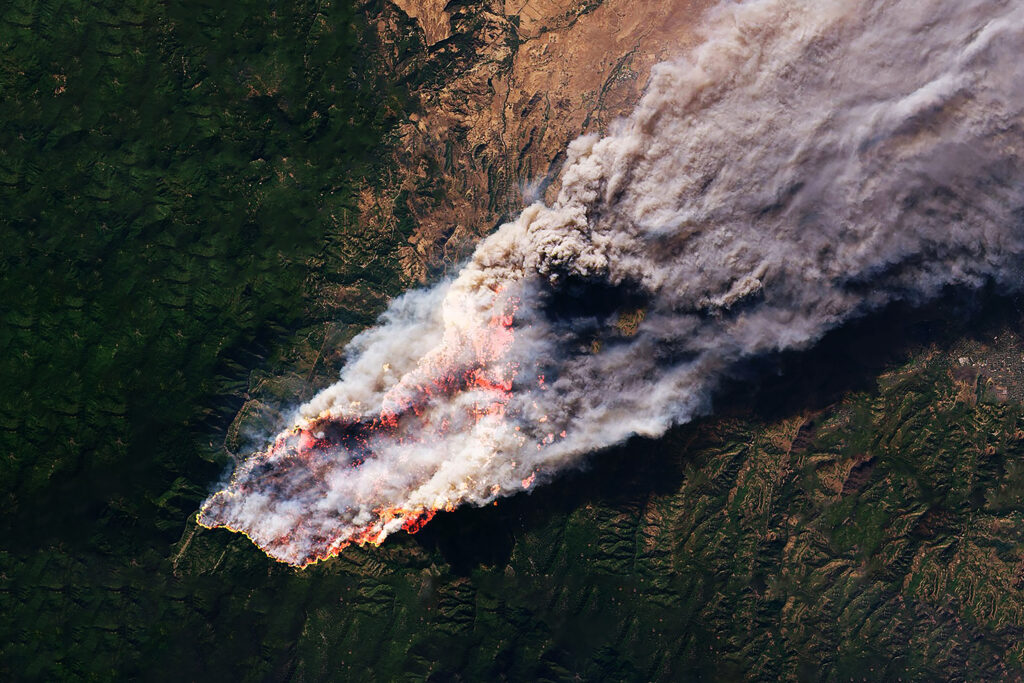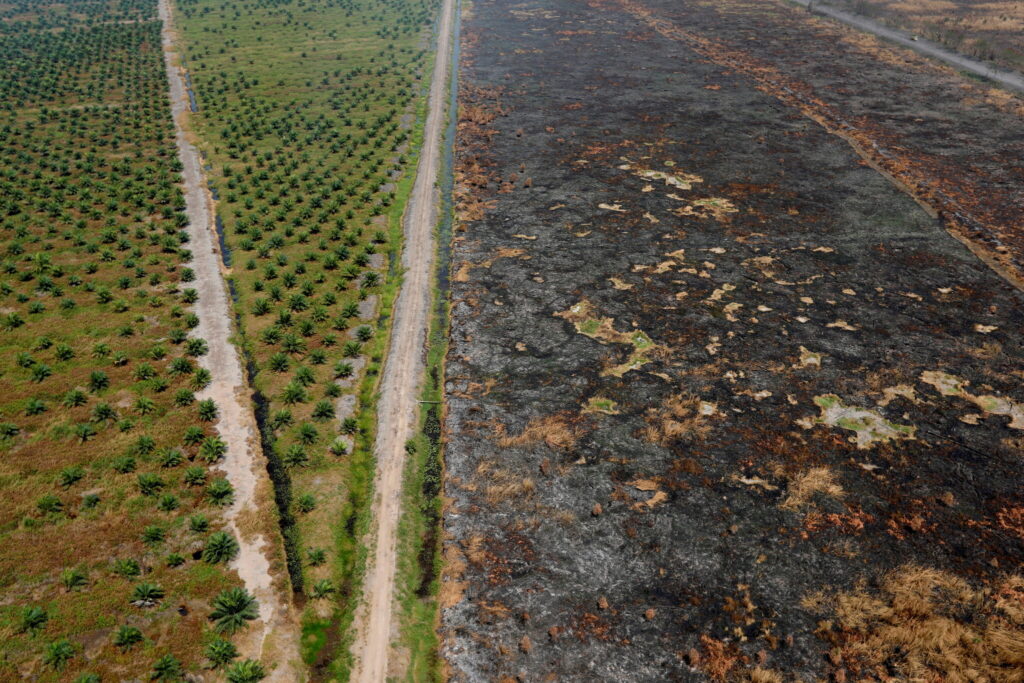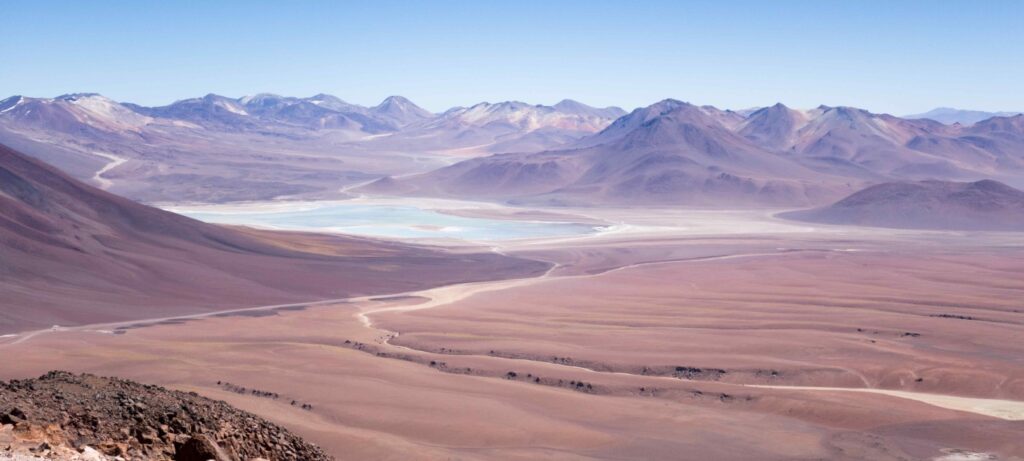Last month, Japan hosted G7 climate, energy and environment ministers. It was hoped that this meeting would lay the groundwork for climate change to play a central focus at this month’s G7 Summit when world leaders will gather in Hiroshima. Moreover, Japan, which hosted the groundbreaking 1997 conference that led to the first climate change treaty – the Kyoto Protocol – was seen as well-positioned to play a leadership role in addressing the climate crisis.
The host country, however, had different plans. Instead of pushing for bold, science-based climate action, Japan pushed against other G7 countries’ efforts to limit fossil fuel financing and called for prolonging the use of coal. Commentators were stunned.
“Instead of using its G7 presidency to phase out fossil fuels, Japan is prioritising support for its fossil fuel-based business interests,” said Makiko Arima, Japan finance campaigner at Oil Change International, to Climate Impact Tracker Asia. “Japan also resisted efforts to set a deadline for phasing out domestic coal-fired power plants, a commitment pursued by other countries.”
Unfortunately, this has been a consistent issue with Japan over the past several years, with the country regularly being criticised and called out for its pro-fossil fuel policies and actions globally. But as the world’s third-largest economy and a major financier of coal and gas projects globally, Japan’s inaction and its opposition towards a quick, just renewable energy transition could make the climate crisis worse.
Japan’s Global Climate Impact
It is a bit of a paradox as to why Japan is so committed to continuing the use of fossil fuels. The country mostly lacks domestic fossil fuel resources, relying instead on imports of coal, natural gas and petroleum from countries like Malaysia, Saudi Arabia, Qatar and Russia to fuel its economy.
In theory, shifting away from fossil fuels would benefit the country both in terms of reducing greenhouse gas emissions and improving energy security. But, in reality, many Japanese companies and financial institutions are heavily involved in fossil fuel expansion overseas.
“Japan has become both a promise-breaker and Earth-destroyer at the same time by continuing to finance fossil fuel projects overseas,” said Hiroki Osada, a campaigner at Friends of the Earth Japan, in a press statement. “Such dirty projects have also destroyed local communities and the environment.”
Japanese companies like JAPEX, TEPCO, IHI and Toyo Engineering are active in building LNG and fossil hydrogen across Southeast Asia. Furthermore, according to the 2023 Banking on Climate Chaos report, Japanese banks are some of the world’s biggest investors in fossil fuels, with two – MUFG and Mizuho – in the top dozen – investing more than USD 200 billion since 2016. Meanwhile, Sumitomo SMBC is not far behind.
“The megabanks’ climate policies, targets and transition plans lack credibility, as they fail to align with a net zero emissions by 2050 pathways,” said Eri Watanabe, the Japan energy finance campaigner at Market Forces, in a press statement. He added that the banks “lag far behind their global peers, which have policies to limit support for new oil and gas development projects”.
Does Japan Support Climate Action?
Climate Action Tracker notes that Japan’s Paris Agreement nationally determined contribution (NDC) target is “almost sufficient” in relation to a 2°C warming pathway. But it finds the country’s climate finance actions “highly insufficient”. It notes that “Japan needs to stop funding fossil fuel overseas and accelerate commitments to increase climate finance”.
However, Japan’s climate change policy has improved in certain ways. In 2021, Japan announced a goal to achieve carbon neutrality by 2050 and has moved away from financing overseas coal plants. But, these moves are not enough, according to Arima, and the latest proposal, the Green Transformation (GX) basic policy, has a lot of worrying loopholes.
“The policy relies heavily on natural gas, co-firing of ammonia at coal power plants, fossil hydrogen and carbon capture, utilisation and storage,” says Arima. “These fossil fuel-based technologies are, for the most part, expensive, ineffective and unproven, with many researchers raising concerns about their effectiveness and viability.”
While the major players in Japan’s energy sector are lagging, there are many in Japan who want to see more action on the climate crisis. Ahead of the G7 Summit, more than 200 Japanese companies, including major corporations like Daikin, Fujifilm, Softbank and Nikon, called on the government to accelerate the introduction of renewable energy and introduce carbon pricing. To them, and others, the G7 is a lost opportunity.
“If Japan had shown more integrity and an ambitious vision for a true energy transition… the G7 could have shown greater leadership in the fight against climate change,” says Arima.
Greater attention to Japan’s lagging climate policies, alongside a growing activist investor movement pushing shareholder resolutions on climate change, will likely push corporate executives and government policymakers to rethink their commitment to fossil fuels.
Nithin Coca
Journalist, Japan
Nithin Coca covers climate, environment, and supply chains across Asia. He has been awarded fellowships from the Solutions Journalism Network, the Pulitzer Center, and the International Center for Journalists. His features have appeared in outlets like the Washington Post, Financial Times, Foreign Policy, The Diplomat, Foreign Affairs and more.
Nithin Coca covers climate, environment, and supply chains across Asia. He has been awarded fellowships from the Solutions Journalism Network, the Pulitzer Center, and the International Center for Journalists. His features have appeared in outlets like the Washington Post, Financial Times, Foreign Policy, The Diplomat, Foreign Affairs and more.

